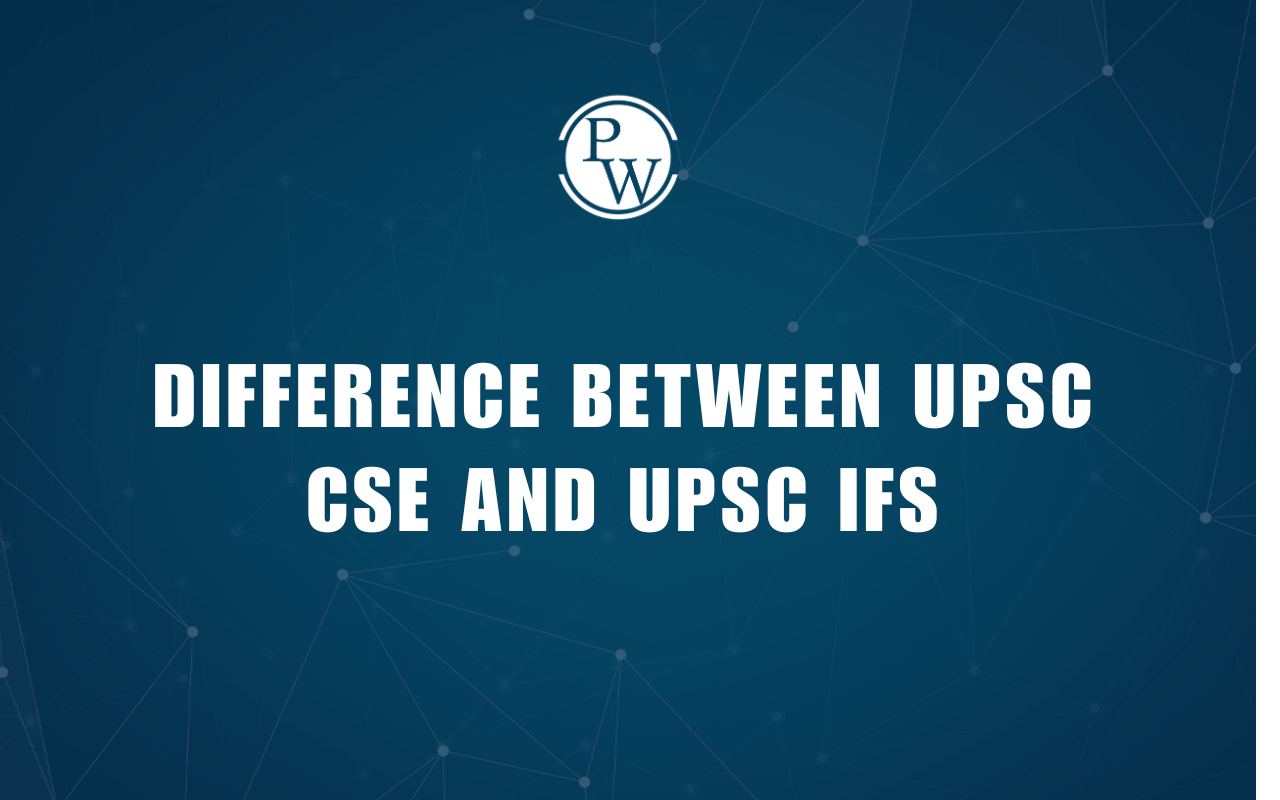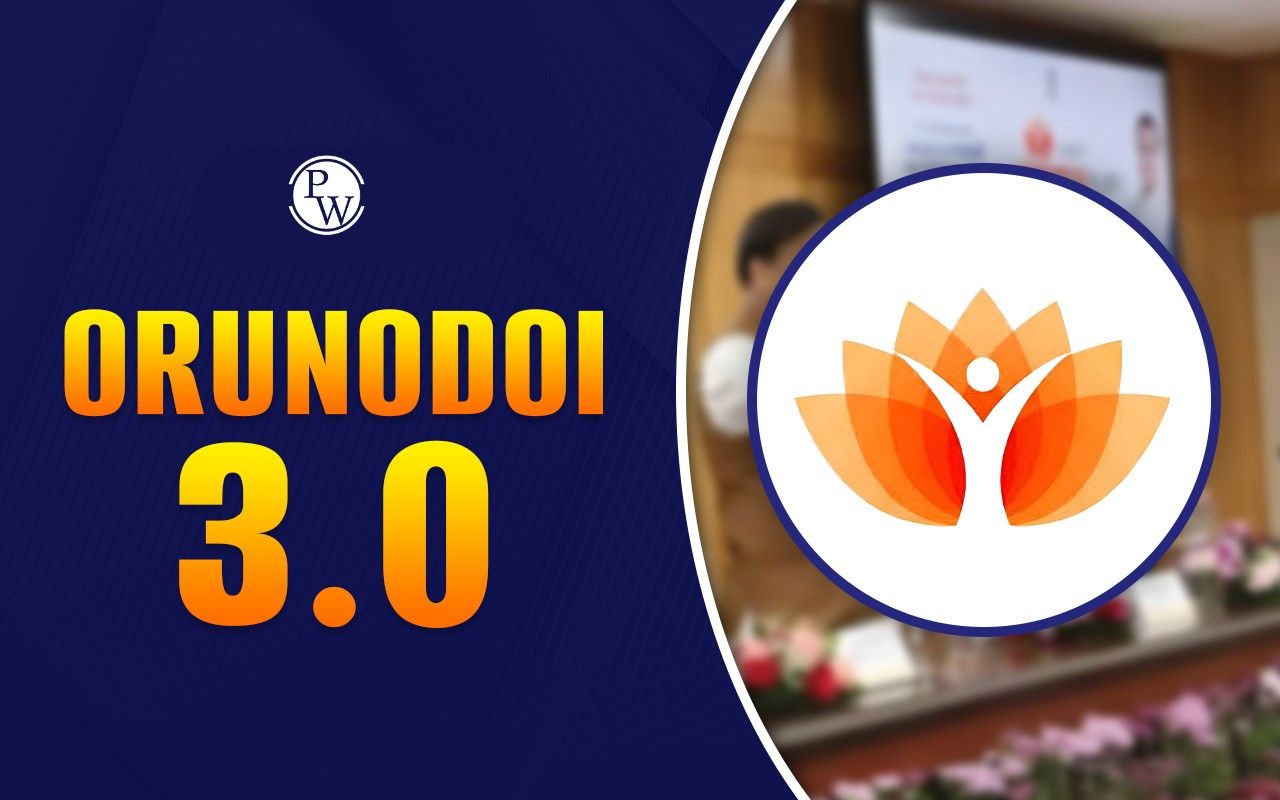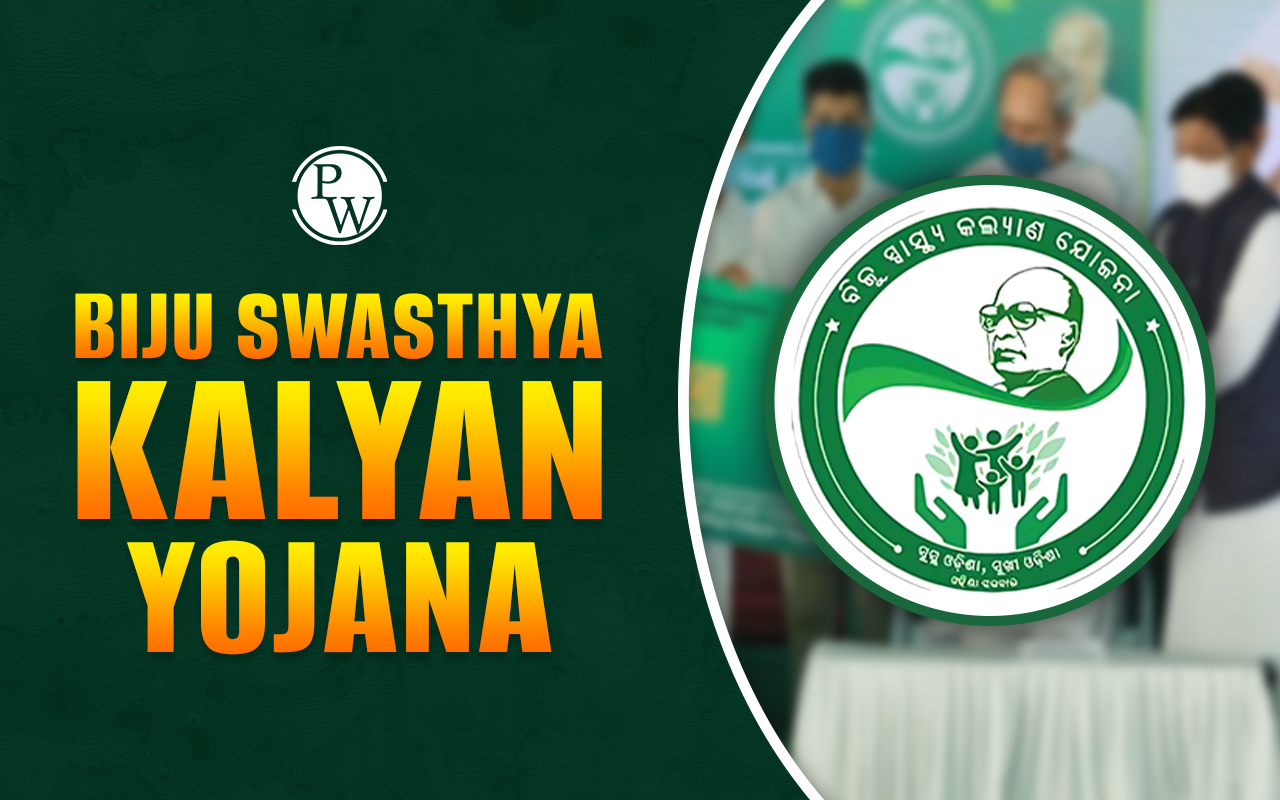
Law Commission Of India : The term of the 22nd Law Commission will end on August 31, 2024, until extended by the Union Cabinet. Over the years, the commission has been known for suggesting major reforms, including Uniform Civil Code (UCC) implementation.
Legal reform in India is often attributed to the Law Commission of India, an executive body constituted for advisory purposes. Its several key recommendations such as on electoral reform have significantly contributed to the progressive development and codification of the law in the country.Law Commission of India
The Law Commission of India is an executive body functioning as an advisory body to the Ministry of Law and Justice. UPSC aspirants should not confuse it as a constitutional body or a statutory body since it is constituted by the Government of India on an ad hoc basis. The Law Commission of India is generally reconstituted every three years and works to ensure that the legal system meets the needs of the people and aligns with changing socio-economic conditions. Since 1955, there have been 22 law commissions in India in line with the spirit of Article 39A of the Constitution.| Law Commission Of India | |
| Aspect | Details |
| Established | 1955 (First Commission) |
| Nature | Advisory Body |
| Constituted | President gives assent to the resolution passed by the Union government. |
| Current Chairman | Justice Ritu Raj Awasthi (22nd Law Commission) |
| Members | Full-time Chairman, four full-time members (including Member-Secretary), and part-time members |
| Reports Submitted | 277 |
| Mandate | Legal reform, study of existing laws, making recommendations for new laws or amendments, and simplifying legal procedures |
History of Law Commission Of India
The history of the Law Commission of India dates back to the British colonial period when the first Law Commission was established in 1834. This law commission, chaired by Lord Macaulay, was established under the Charter Act of 1833. In the post-independence era, the first Law Commission of India came into existence in 1955.| History of Law Commission of India | |||
| Law Commission | Year | Chairman | Key Contributions |
| First Law Commission | 1834 | Lord Macaulay | Codification of the Indian Penal Code and the Criminal Procedure Code |
| First Law Commission after Independence | 1955 | Mr. M.C. Setalvad | Introduced the concept of legal aid and modernization of laws |
| Third Law Commission | 1961 | Mr. J.L. Kapur | Focused on amendments to the Indian Penal Code and the Code of Criminal Procedure |
| Tenth Law Commission | 1981 | Justice K.K. Mathew | Emphasized human rights and consumer protection laws |
| Twentieth Law Commission | 2013 | Justice A.P. Shah | Worked on electoral reforms and personal laws |
| Twenty-second Law Commission | 2020 | Justice Ritu Raj Awasthi | Ongoing focus on modernizing and simplifying legal frameworks |
Functions of the Law Commission
The Law Commission performs several vital functions to ensure the legal system in India is effective, equitable, and responsive to the needs of the citizens. The key functions of the Law Commission include:- Legal Reform: Recommending legal reforms to address contemporary issues and to ensure that laws remain relevant and effective.
- Review of Existing Laws: Examining and reviewing existing laws such as IPC to identify outdated provisions and suggest necessary amendments.
- Simplification of Laws: Proposing measures to simplify and rationalize legal procedures to make the justice delivery system more efficient.
- Suggesting New Laws: The Commission also recommends the enactment of new laws to address emerging issues and challenges faced by the country.
- Research and Analysis: Conducting in-depth research and analysis on various legal issues to support its recommendations.
- Consultation : The Commission engages with various stakeholders, including the judiciary, the legal community, and the general public, to gather inputs and feedback on the functioning of the legal system.
- Legal Education and Awareness : The Law Commission also works to promote legal education and awareness among people, to empower citizens, and to enhance their understanding of their legal rights and responsibilities.
Read More Here : All About Law Commission of India
Key Reports of Law Commission
The Law Commission of India has submitted 277 reports so far on various issues concerning the Indian legal system. Even though the recommendations of the Law Commission are non-binding , these reports have led to significant reforms. Some of the important reports and their key recommendation are:| Key Reports of Law Commission of India | ||
| Report No. | Title | Recommendation |
| 277 | Wrongful Prosecution (Miscarriage of Justice): Legal Remedies | Suggested legal remedies for wrongful prosecution |
| 271 | Human DNA Profiling | Suggested guidelines for human DNA profiling |
| 262 | The Death Penalty | Recommended the abolition of the death penalty except for the terror-related and wagging war against the state. |
| 170 | Reform of the Electoral Laws | Suggested the simultaneous election for Lok Sabha and State Assembly |
| 165 | Free and Compulsory Education for Children | Recommendation on giving effect to the right to education |
| 14 | Reform of Judicial Administration | Suggested various judicial reforms in India. |
| UPSC Related Articles | ||
| UPSC Prelims Questions | How to Become an IAS Officer | UPSC Mains Test Series |
| UPSC Study Material | UPSC Scholarship Test 2024 | IAS Training |
Law Commission Of India FAQs
Why is the Law Commission Of India constituted?
The Law Commission of India is constituted to recommend legal reforms, review existing laws, and propose new laws to ensure that the legal system remains relevant and effective.
Who is the current chairman of the Law Commission of India?
The current chairman of the 22nd Law Commission is Justice Ritu Raj Awasthi.
Is the Law Commission of India a constitutional body?
No, the Law Commission of India is not a constitutional body. It is an executive body constituted by the Government of India.
Is the 22nd Law Commission of India extended?
Yes. The term of the 22nd Law Commission has been extended by the Union Cabinet till August 31, 2024.
Who was the chairman of the first Law Commission?
The chairman of the first Law Commission (1834) was Lord Macaulay and the chairman of the first Law Commission after independence was Mr. M. C. Setalvad.
Talk to a counsellorHave doubts? Our support team will be happy to assist you!

Check out these Related Articles
Free Learning Resources
PW Books
Notes (Class 10-12)
PW Study Materials
Notes (Class 6-9)
Ncert Solutions
Govt Exams
Class 6th to 12th Online Courses
Govt Job Exams Courses
UPSC Coaching
Defence Exam Coaching
Gate Exam Coaching
Other Exams
Know about Physics Wallah
Physics Wallah is an Indian edtech platform that provides accessible & comprehensive learning experiences to students from Class 6th to postgraduate level. We also provide extensive NCERT solutions, sample paper, NEET, JEE Mains, BITSAT previous year papers & more such resources to students. Physics Wallah also caters to over 3.5 million registered students and over 78 lakh+ Youtube subscribers with 4.8 rating on its app.
We Stand Out because
We provide students with intensive courses with India’s qualified & experienced faculties & mentors. PW strives to make the learning experience comprehensive and accessible for students of all sections of society. We believe in empowering every single student who couldn't dream of a good career in engineering and medical field earlier.
Our Key Focus Areas
Physics Wallah's main focus is to make the learning experience as economical as possible for all students. With our affordable courses like Lakshya, Udaan and Arjuna and many others, we have been able to provide a platform for lakhs of aspirants. From providing Chemistry, Maths, Physics formula to giving e-books of eminent authors like RD Sharma, RS Aggarwal and Lakhmir Singh, PW focuses on every single student's need for preparation.
What Makes Us Different
Physics Wallah strives to develop a comprehensive pedagogical structure for students, where they get a state-of-the-art learning experience with study material and resources. Apart from catering students preparing for JEE Mains and NEET, PW also provides study material for each state board like Uttar Pradesh, Bihar, and others
Copyright © 2025 Physicswallah Limited All rights reserved.









